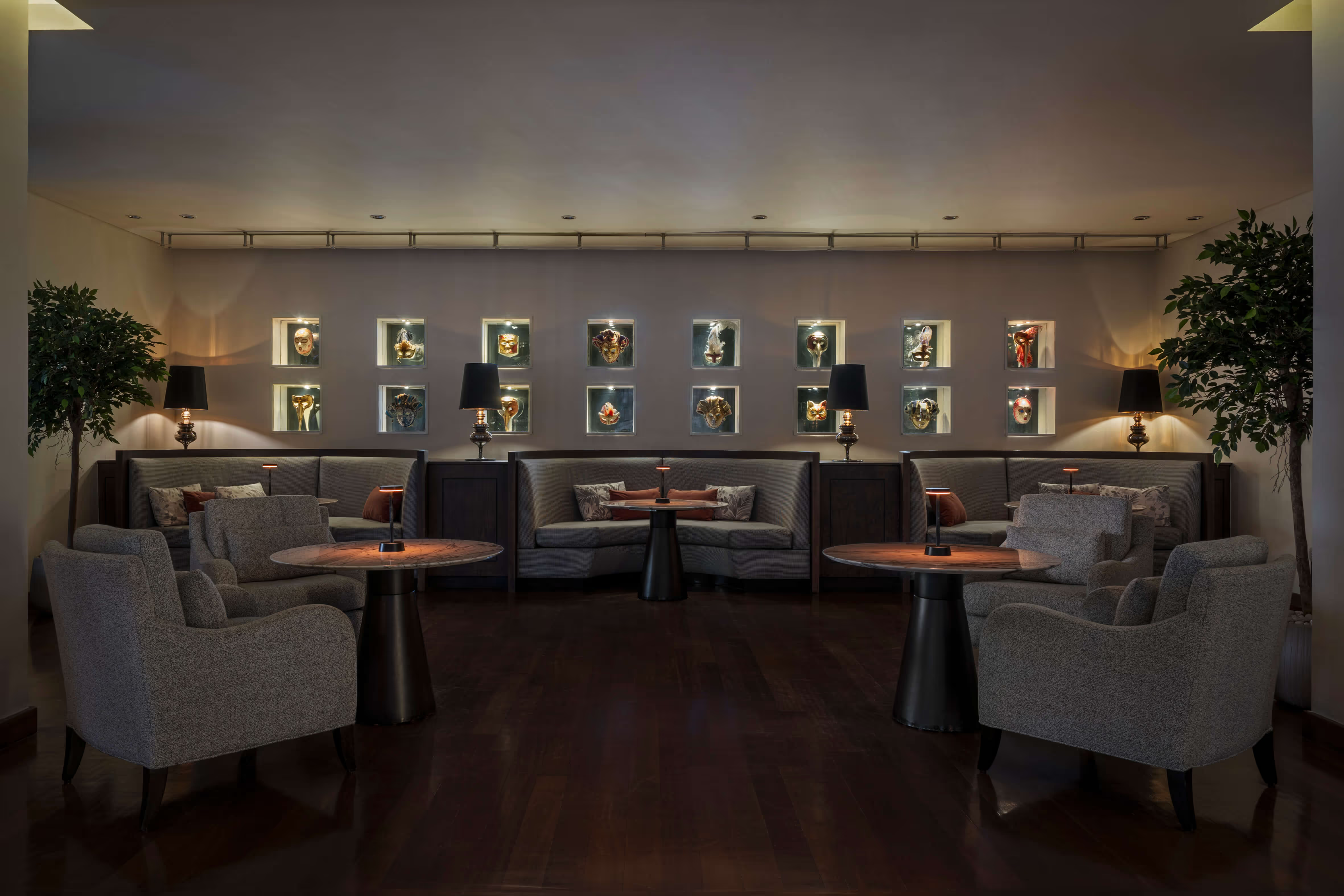The Muscovy duck (Cairina moschata) is a duck native to the Americas, from the Rio Grande Valley of Texas and Mexico south to Argentina and Uruguay. Feral Muscovy ducks are found in New Zealand, Australia, and in Central and Eastern Europe. Small wild and feral breeding populations have also established themselves in the United States, particularly in Florida, Louisiana, Massachusetts, the Big Island of Hawaii, as well as in many other parts of North America, including southern Canada.
It is a large duck, with the males about 76 cm (30 in) long, and weighing up to 7 kg (15 lb.). Females are noticeably smaller and only grow to 3 kg (6.6 lb.), roughly half the males' size. The bird is predominantly black and white, with the back feathers being iridescent and glossy in males, while the females are drabber. The amount of white on the neck and head is variable, as well as the bill, which can be yellow, pink, black, or any mixture of these colors. It may have white patches or bars on the wings, which become more noticeable during flight. Both sexes have pink or red wattles around the bill, those of the male being larger and more brightly colored.
Although the Muscovy duck is a tropical bird, it adapts well to cooler climates, thriving in weather as coldas −12 °C (10 °F) and able to survive even colder conditions. In general, Barbary duck is the term used for C. moschata in a culinary context.
The domestic subspecies, Cairina moschata domestica, is commonly known in Spanish as the Pato criollo. They have been bred since pre-Columbian times by Native Americans and are heavier and less able to fly long distances than the wild subspecies. Their plumage color is also more variable. Other names for the domestic breed in Spanish are Pato casero ("household duck") and Pato mudo ("mute duck").
"Muscovy" is an old name for the region of Russia surrounding Moscow, but these ducks are neither native there nor were introduced there before they became known in Western Europe. It is not quite clear how the term came about; it very likely originated between 1550 and 1600 but did not become widespread until somewhat later.
In one suggestion, it has been claimed that the Company of Merchant Adventurers to New Lands traded these ducks to Europe occasionally after 1550;[14] this chartered company became eventually known as the "Muscovy Company" or "Muscovite Company "so the ducks might thus have come to be called "Muscovite ducks" or "Muscovy ducks" in keeping with the common practice of attaching the importer's name to the products they sold.[14] But while the Muscovite Company initiated vigorous trade with Russia, they hardly, if at all, traded produce from the Americas; thus, they are unlikely to have traded C. moschata to a significant extent.
Alternatively—just as in the "turkey" (which is also from North America, not Turkey) and the "guineafowl" (which are not limited to Guinea)—"Muscovy" might be simply a generic term for an exotic place, in reference to the singular appearance of these birds. This is evidenced by other names suggesting the species came from lands where it is not actually native, but from where much "outlandish" produce was imported at that time (see below).
Yet another view—not incompatible with either of those discussed above—connects the species with the Muisca, a Native American nation in today's Colombia. The duck is native to these lands also, and it is likely that it was kept by the Muisca as a domestic animal to some extent. It is conceivable that a term like "Muisca duck", hard to comprehend for the average European of those times, would be corrupted into something more familiar. Likewise, the Miskito Indians of the Miskito Coast in Nicaragua and Honduras heavily relied on it as a domestic species, and the ducks as well may have been named after this region.





